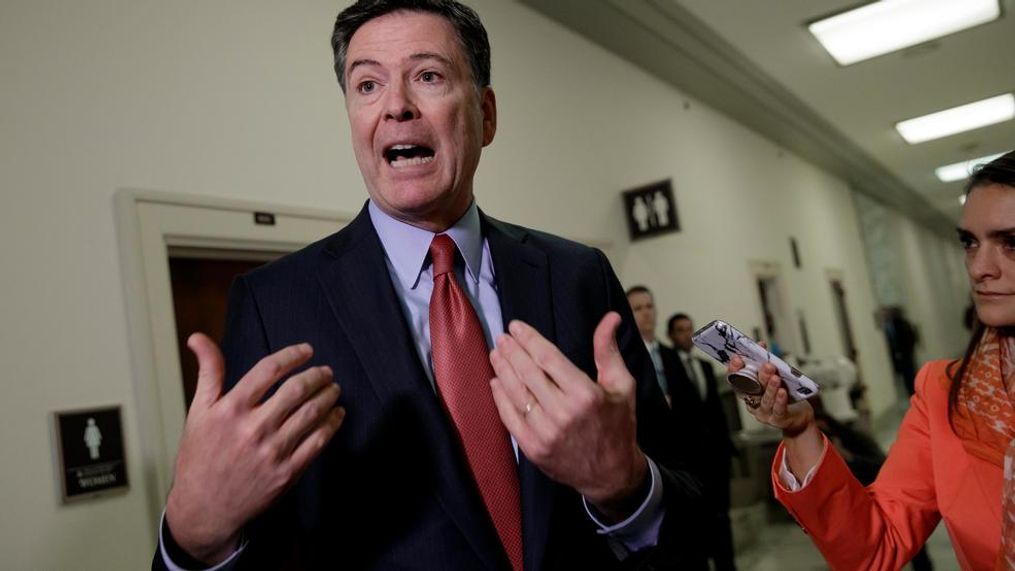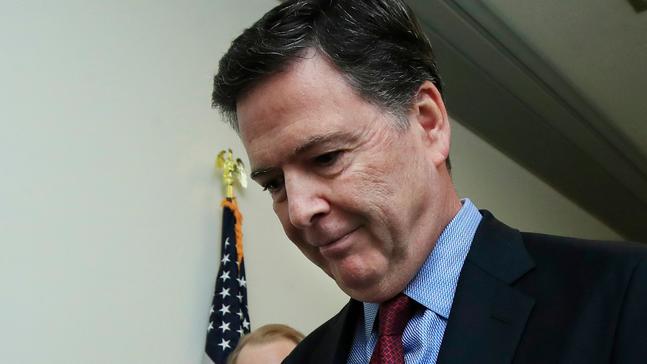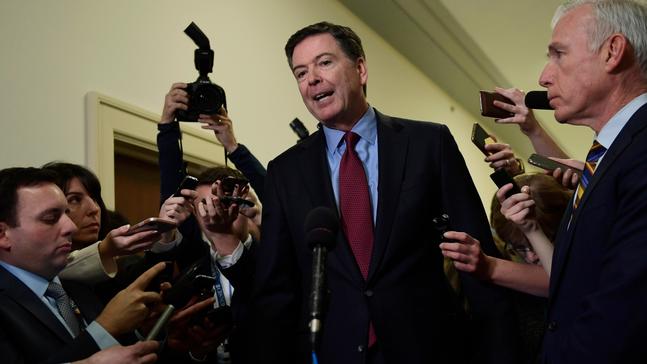James Comey's career and clash with Trump: A timeline of tension
NEW YORK (TNND) — James Comey's extensive career in legal public service, marked by his tenure as U.S. Attorney in the Southern District of New York, saw him tackling a range of cases from white-collar crimes to organized crime. Appointed as U.S. Deputy Attorney General and later as FBI Director by former President Barack Obama, Comey served from 2013 to 2017, a period that became notably contentious due to his interactions with then-President Donald Trump.
In March 2015, the FBI initiated an investigation into Hillary Clinton's use of a private email server during her time as Secretary of State. By July 2016, Comey recommended no charges against Clinton, a decision criticized by Republicans, including Trump, who was a presidential candidate at the time. However, in October 2016, Comey reopened the case after new documents surfaced, only to close it again two weeks later, stating no new information was found. This move was perceived by many as detrimental to Clinton's campaign.
Later in October, U.S. intelligence agencies disclosed that Russia had hacked emails and servers of the Democratic Party and Clinton's campaign. The FBI launched investigations into these hackings and potential contacts between Trump's team and Russia. Following Trump's election in November 2016, Comey announced in March 2017 that the FBI was probing links between Trump associates and Russian officials. Trump dismissed Comey two months later.
In June 2017, the "Comey memos," detailing his conversations with Trump, were made public. Over two years later, the Office of the Inspector General concluded that Comey's handling of the memos violated DOJ and FBI policies, though he was not prosecuted.
Special Counsel Robert Mueller's investigation into foreign interference in the 2016 election, which expanded to include potential obstruction of justice by Trump after Comey's firing, concluded in March 2019. The investigation, which Trump repeatedly labeled a "witch hunt," found no evidence of collusion between Trump's campaign and Russia but did not fully exonerate the president.



